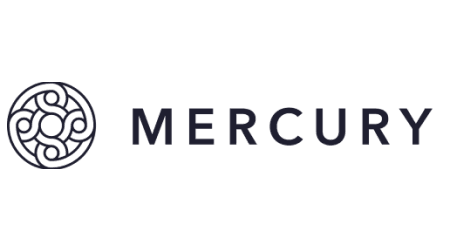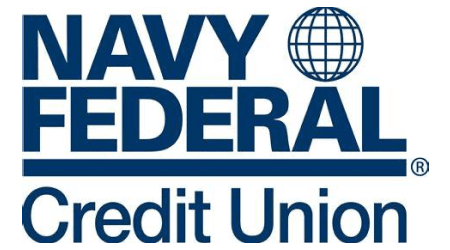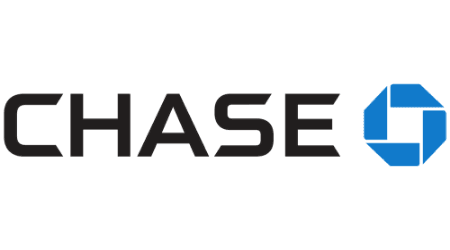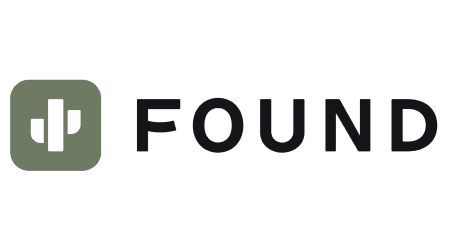Kimberly Ellis is a personal finance writer at Finder, specializing in banking and financial literacy. After teaching in public and private schools, Kimberly zeroed in on personal financial education to help families and kids develop lifelong money skills. She hails from New York City, graduating summa cum laude from Queens College with a BA in elementary education and mathematics, as well as a New York State teaching certificate. She’s also an aspiring polyglot, always in a book and forever on the hunt for the perfect classic red lipstick.
Expertise
- Kids' banking
- Financial literacy for kids
- K–12 education
Education
- Bachelor of Arts, Elementary Education and Mathematics | Queens College
- TESOL certification | Arizona State University
- Certified Content Marketer | HubSpot Academy
Industry insights from Kimberly Ellis
We asked Kimberly Ellis for her thoughts on kids banking and new technology in the banking industry.
What can parents do now to help their children develop good money habits in adulthood?
Parents can start teaching healthy financial habits to children sooner than they think. Since kids as young as 3 can grasp basic money concepts, it’s never too early to teach them about spending wisely, saving and investing. Keep in mind that practice makes perfect, and every family is different. Parents of young kids can start with virtual bank accounts that don’t involve real money to give kids a taste of budgeting. When they’re ready, level up to a prepaid debit card with strict parental controls like spending limits to let your child test-drive their new financial skills. Be sure to use all educational resources available, including financial quizzes, mini lessons and even financial literacy games that you’ll usually find with prepaid debit cards. And when your big kid is ready to upgrade to a full-fledged checking account, upgrade to a teen checking account with strong budgeting and spending tools.
What new technologies are you excited about for the banking consumer?
Banks are putting greater emphasis on their digital tools, specifically savings features. Previously, many banks only offered one savings account for all your savings goals, including anywhere from a down payment on a house to an emergency or vacation fund. So you couldn’t organize your money and allocate it where needed. But today, more banks let you create buckets for your different goals, track your progress and even use AI to intelligently transfer unused cash from your checking to your savings account. And if you’re someone that likes to put savings on autopilot, check if your bank supports debit card purchase roundups, which automatically round your transactions up to the nearest dollar and deposits the difference straight into your savings account. Saving a few cents every time you make a purchase can help ease the pinch more than when you save a large chunk of your paycheck in one shot.
Latest articles by Kimberly Ellis
89 articles written by this author
Mercury Business checking account review
Mercury offers a modern banking solution with fine-tuned user controls and scalable digital tools.

The markets are falling — here are 5 alternative assets to invest in
A bear market is never fun, but there are still opportunities to seize potential profits with alternative investments

A celebration of piggy banks: Past, present and future
The piggy bank is a centuries-old savings method with mysterious origins and an innovative, digital future.

Navy Federal CD rates
Competitive interest rates and a 0.05% APY boost if you deposit at least $100,000.

Teenage money management: 8 ways to teach your teen
Explore 8 ways to teach your teen healthy financial habits.

Best Cash-out Refinance Lenders
Find out how it works and if it makes sense for your current situation.

Chase new account bonuses
We’ve rounded up Chase’s new account bonus offers and what you’ll need to qualify.

Investing in lithium stocks
Lithium is a precious metal with increasing demand. Here’s what you should know before you invest.

Found business banking review
Found is a free business bank account designed for freelancers, gig workers and the self-employed. But you can't deposit or write checks.

How to report crypto on taxes in 2023
Find out your crypto tax implications and how to stay compliant.
